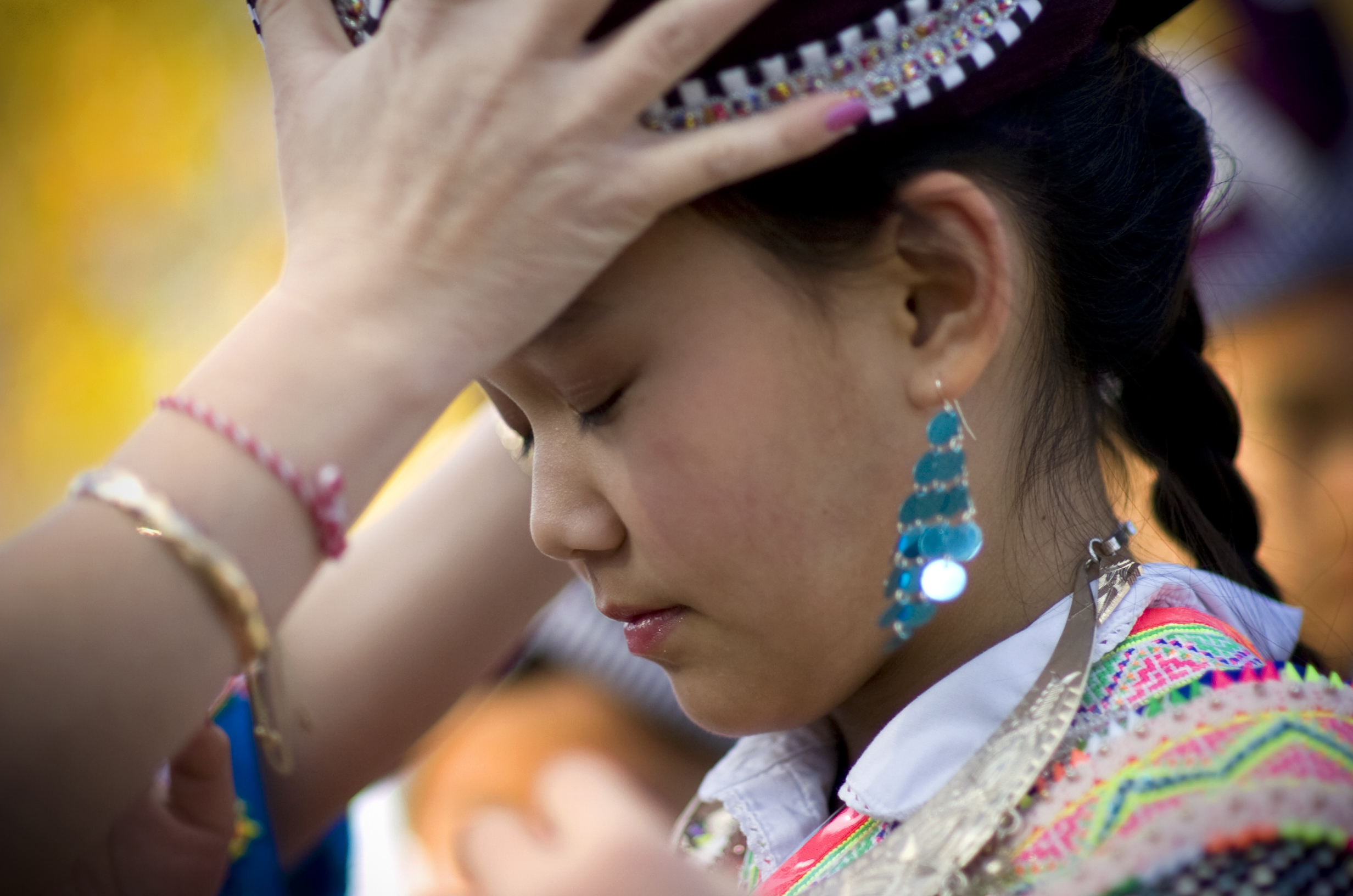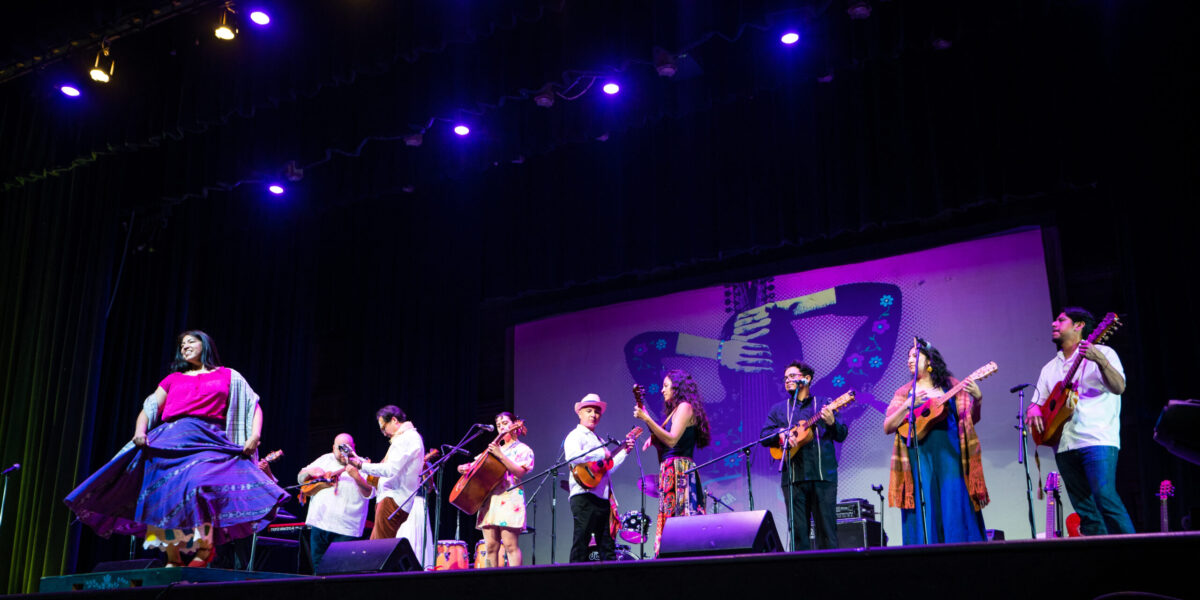
On a warm June evening in Fresno, nearly 500 people gathered at the historic Fresno Memorial Auditorium for Canciones del San Joaquín—a public concert shaped by the music and memory of diasporic Greater Mexico, and by the many languages, migrations, and everyday realities of life in California’s San Joaquin Valley.
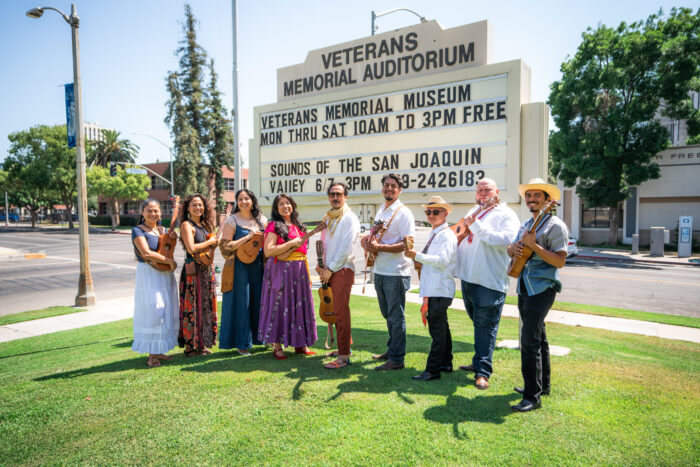
Presented by the Alliance for California Traditional Arts (ACTA) in partnership with Radio Bilingüe, the concert was a culminating event of Sounds of California: San Joaquin Valley, a public humanities initiative rooted in cultural equity and community storytelling. Over the past year, ACTA staff traveled throughout the Valley to gather oral histories—listening to stories in living rooms, at festivals, and alongside public performances. This fieldwork became the foundation for ten newly commissioned songs, which offer one way to honor a cultural legacy that thrives outside commercial platforms and mainstream recognition. The result is a body of work grounded not only in musical craft, but in lived experience—songs written by and for the communities they come from.
These original works, debuted live for the first time on June 7, moved across genres and generations: Chilena Tradicional, Hip-Hop/Mixtec Rap, Latin Rock, Afro Latin Jazz, Mariachi, Norteño, Nuevo Canto, Ranchera Mexicana, and Son Jarocho. The lyrics spoke of agricultural labor, language recovery, hometown love, displacement, and belonging. For many in the audience, the songs reflected everyday truths—what’s been carried, what’s been risked, and what remains.
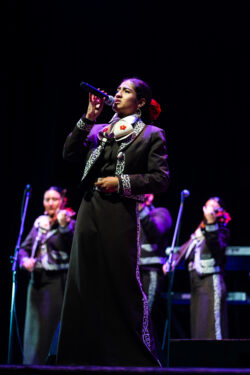
Performers included:
-
-
-
- Steve Alcalá Rumba 32
- Luis Arturo Campos, Los Kirrines del Norte
- Los Fresnanitos, with Cesar Castro
- Agustin Lira, Agustín Lira & Friends
- Juan Morales, Mariachi Mestizo
- Sofía Plummer, Las Damas del Valle
- Gerardo Ramírez, Los Hijos de San Juan Mixtepec
- Marilyn Rodríguez, Cambio de Rumbo
- Miguel Villegas Ventura, Una Isu
-
-
Among the evening’s highlights was Una Isu, a trilingual rapper and Mixtec cultural educator, who performed his original song “Valle Central,” blending Mixteco, Spanish, and English in a powerful affirmation of Indigenous survival and pride. Steve Alcalá, a longtime music educator in the Valley, took the stage with his band Rumba 32, performing “Dos Hijos,” an instrumental piece without a single lyric that filled the auditorium with a sense of nostalgia and love for his two sons. The rhythms and melodies of his original composition reminded the audience that stories can be told through music alone.
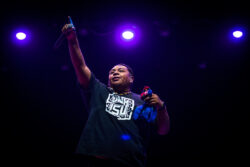
The audience included families, farmworkers, artists, elders, and elected officials—many of whom rarely see their histories reflected in public civic spaces. Survey responses affirmed the deep resonance of the concert: many attendees shared that it was their first time experiencing this kind of artistic expression. The crowd was culturally diverse and multigenerational, including people deeply rooted in cultural practice and others encountering these traditions for the first time. Some described feeling seen and represented; others spoke to the value of cross-cultural exchange and connection. The performance offered more than entertainment—it offered belonging.
This concert was the result of more than a year of organizing: over 100 interviews, deep collaboration with Radio Bilingüe, and countless hours of behind-the-scenes work. To carry this work forward, we’re ensuring that the songs and stories behind them remain accessible. The concert performances and individual interviews will be made available on our Sounds of California—San Joaquin Valley microsite, a bilingual digital archive that will include:
- 🎥 Lyric videos in English and Spanish
- 📖 Artist bios, field notes, and reflections
- 📸 Archival photos and oral histories
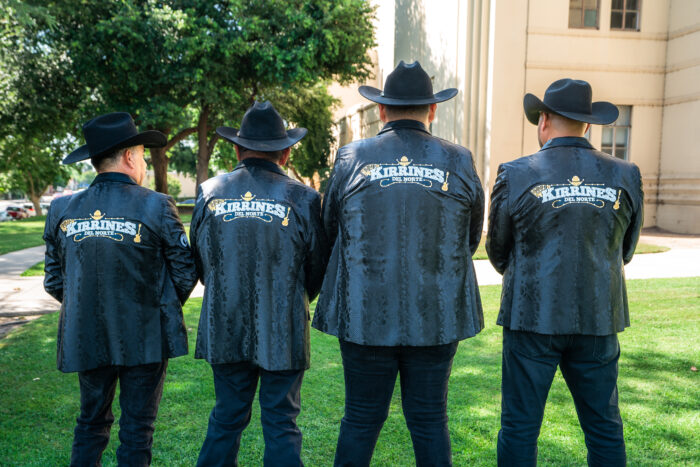
Coming soon, we’re also releasing a limited-edition, full-length record on vinyl featuring the ten newly-commissioned songs. More than a keepsake, the album is both a record of the concert’s premiere and a sonic portrait of the San Joaquin Valley. Though the region is home to extraordinary cultural and artistic diversity, its stories are often missing from mainstream media. This album affirms the creative depth of Valley communities—offering songs that come straight from the artists and workers at the heart of the region. Together, the album and the digital archive reflect ACTA’s long-term commitment to building a community-authored record of cultural life in the Valley.
When cultural programming is rooted in community, it becomes a civic act. Many of the artists featured in Canciones del San Joaquín are tradition-bearers who work multiple jobs, or rarely receive institutional support to create. Yet the cultural knowledge they carry—musical, linguistic, spiritual—is essential to understanding California as it truly exists. The communities represented in this concert continue to face systemic threats: language erasure, economic displacement, political exclusion. And still, people create.

We hope this concert is one of many invitations to listen more closely to the culture bearers of the San Joaquin Valley. Their songs are not just performances. They are documents—of place, struggle, survival, and joy.
🧵 Follow ACTA on Instagram and Facebook @caltradarts for artist interviews, behind-the-scenes moments, and community reflections.

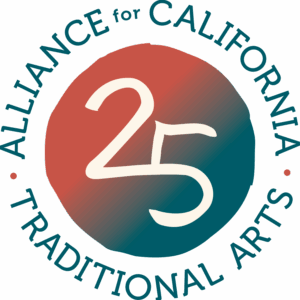 The Alliance for California Traditional Arts
The Alliance for California Traditional Arts
